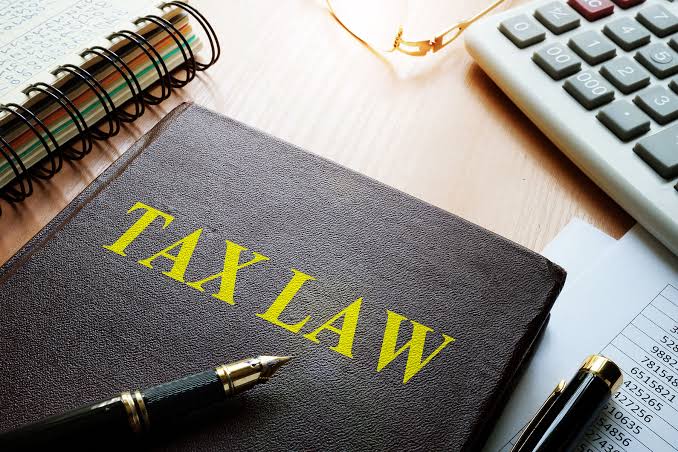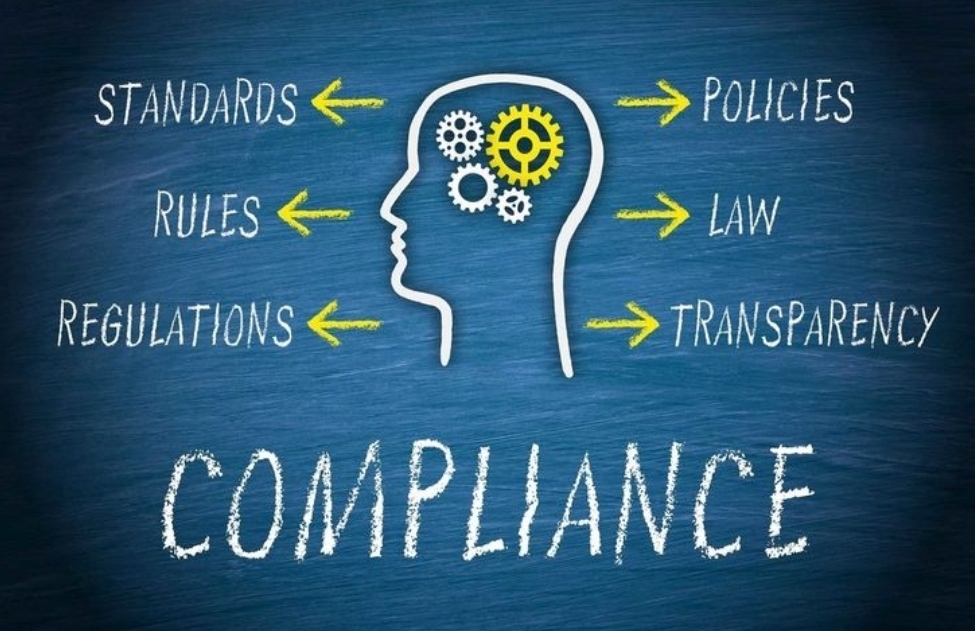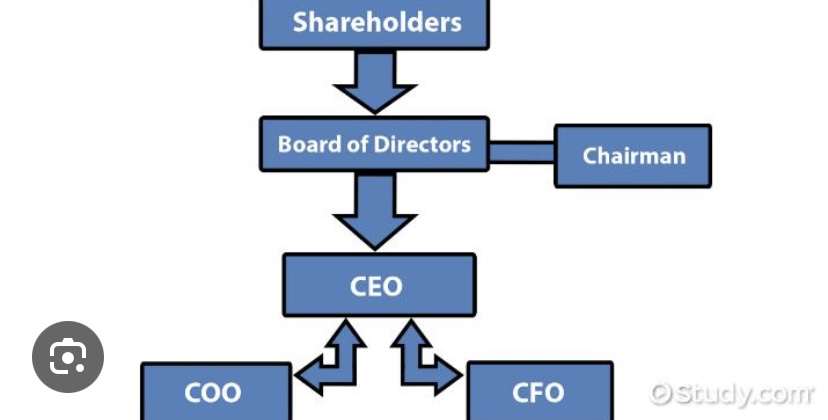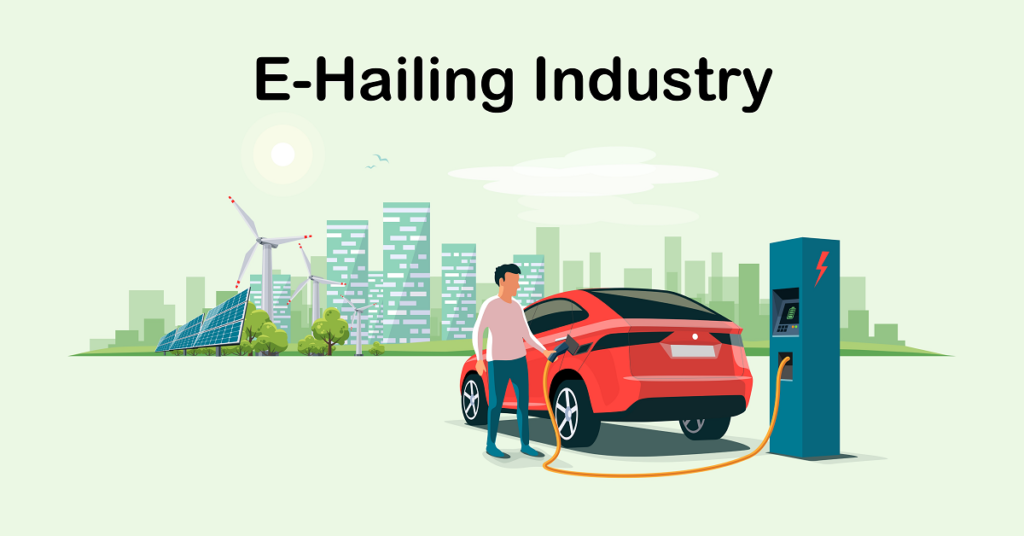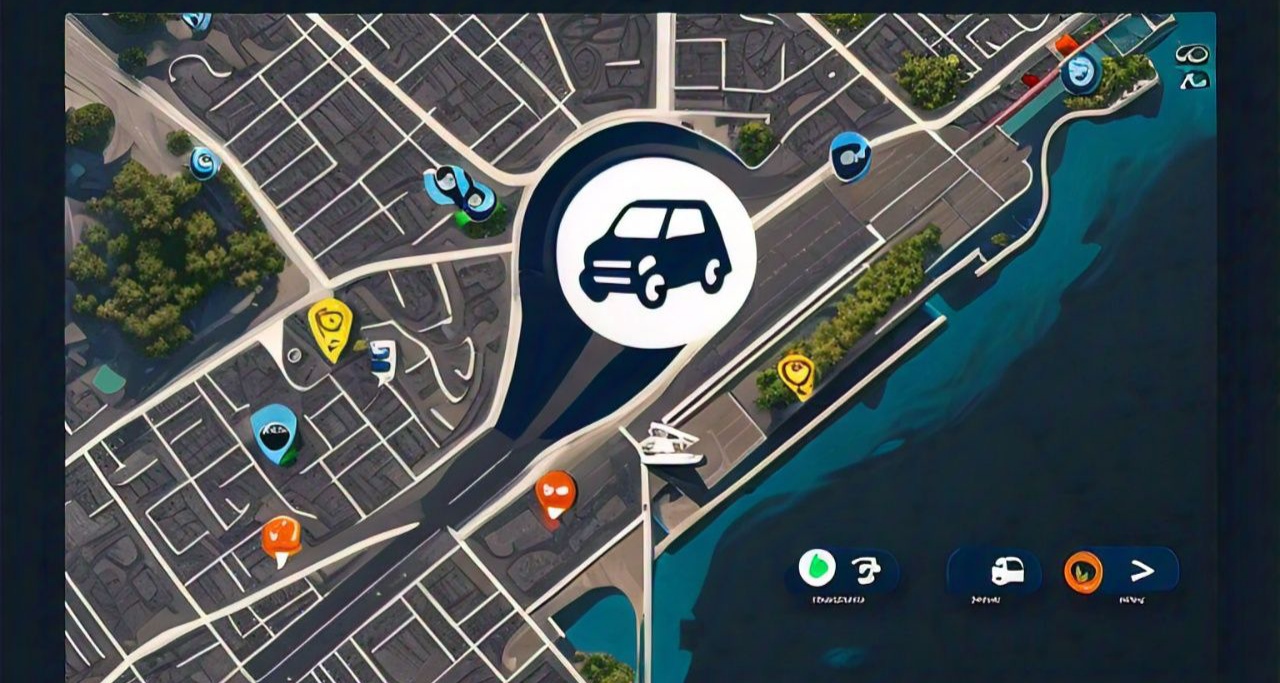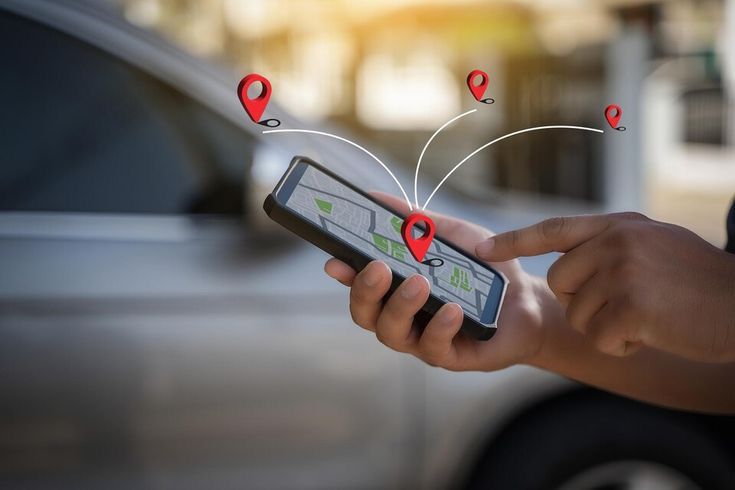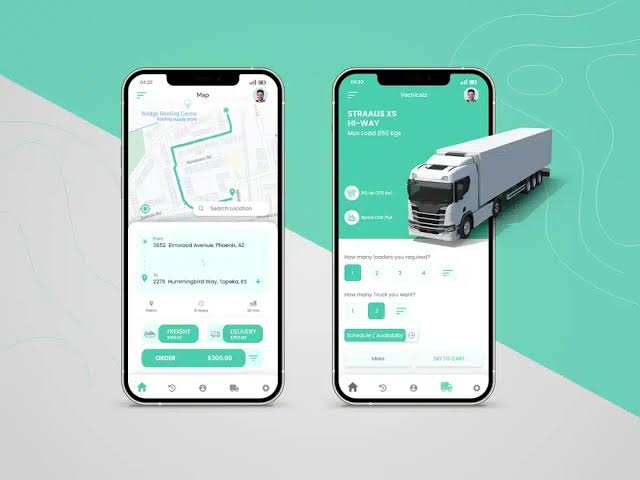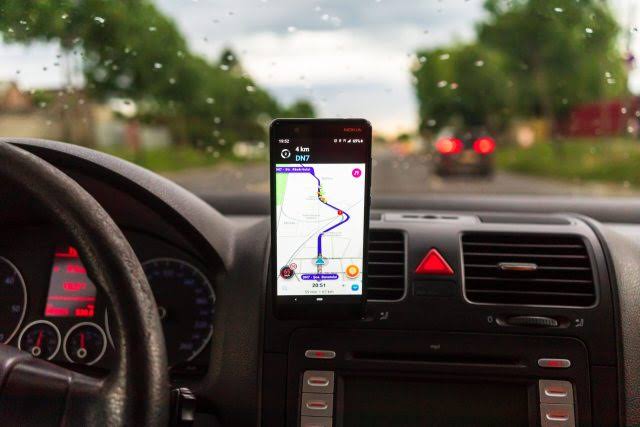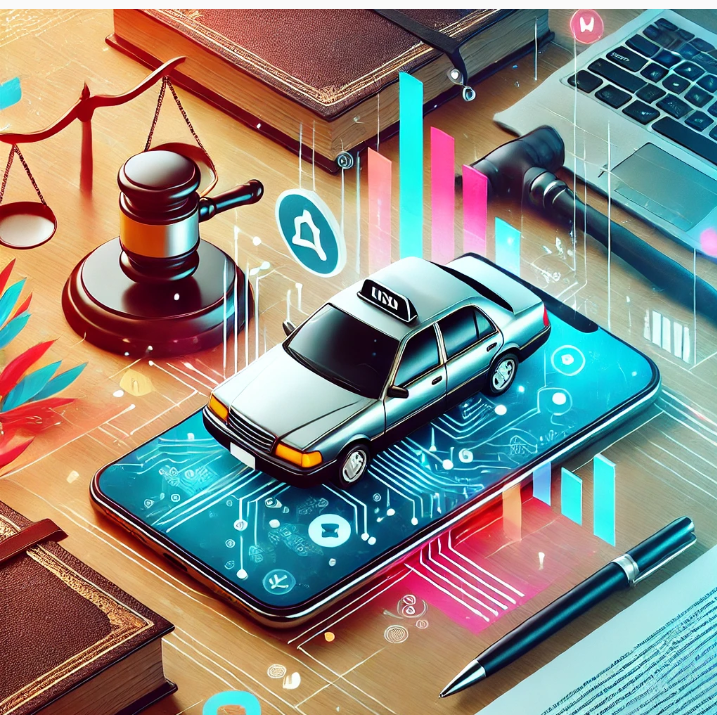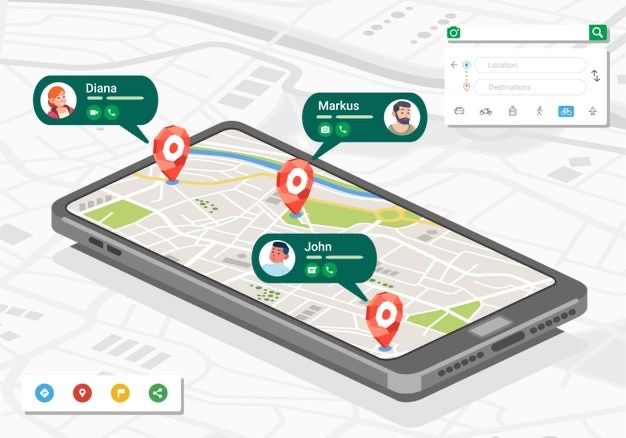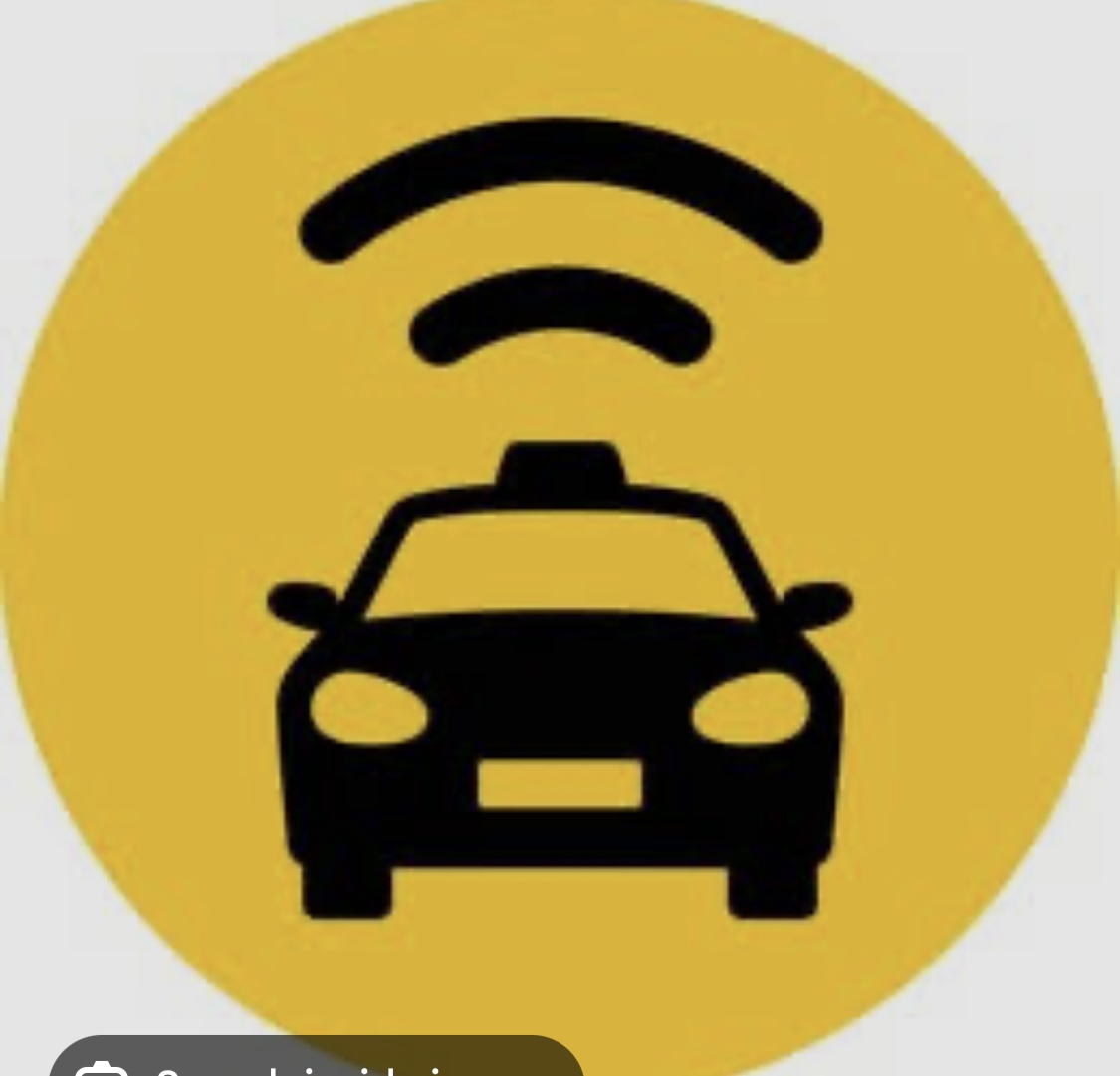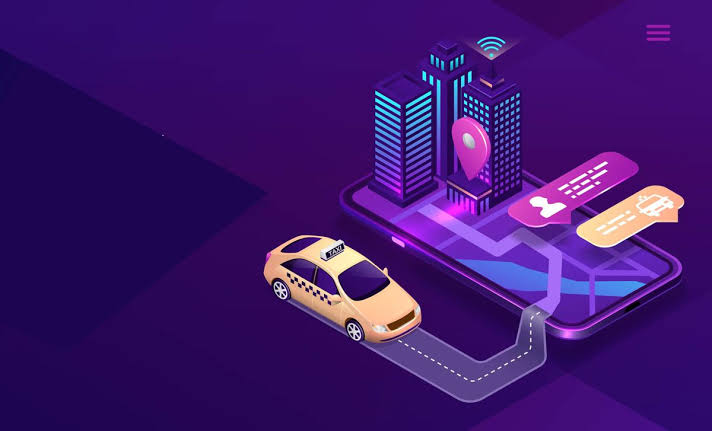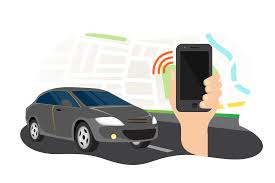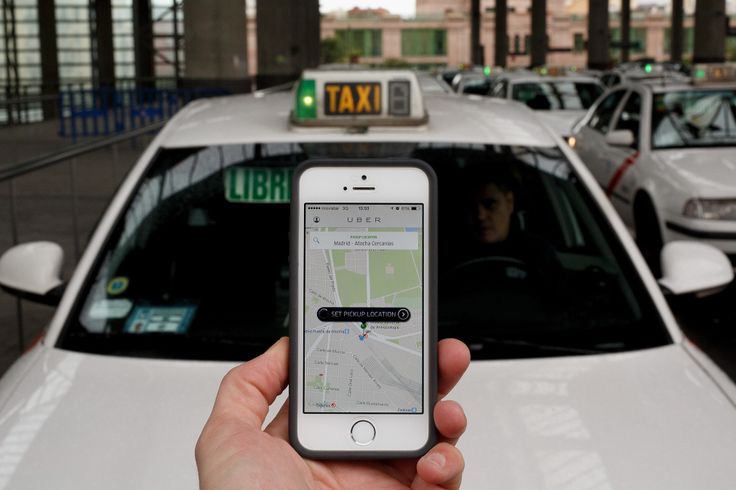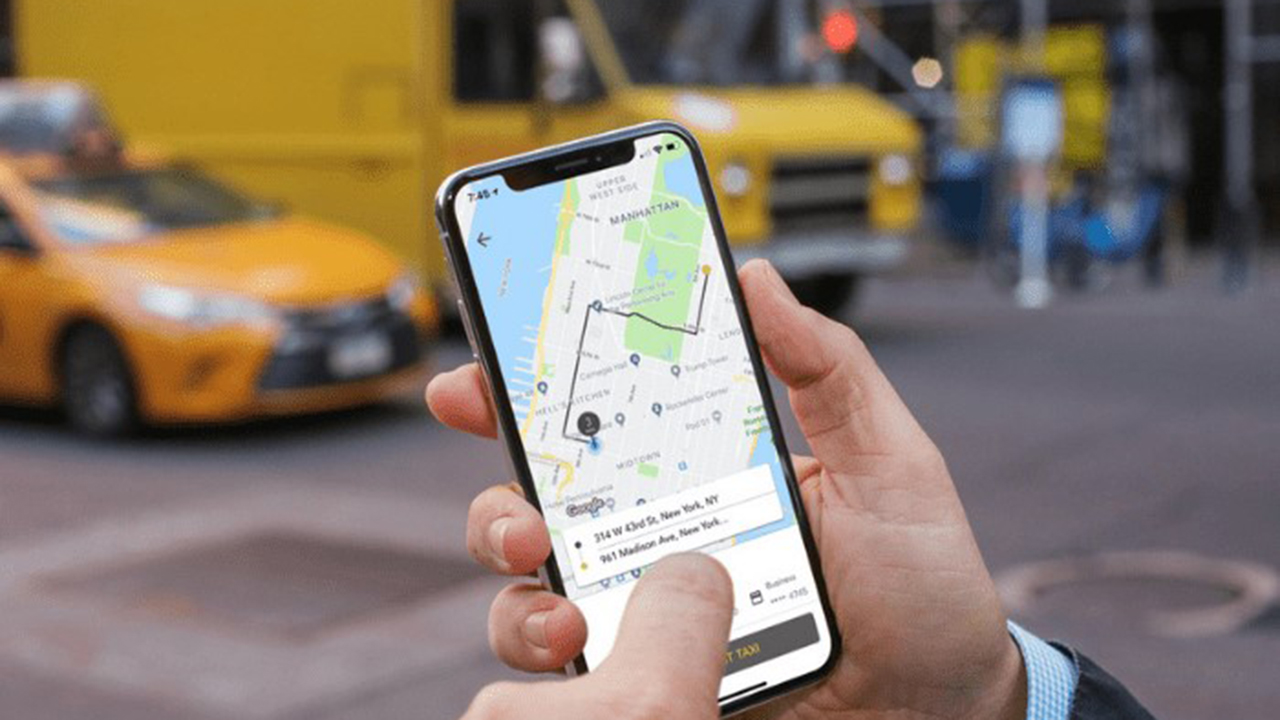
E-Hailing Tech Start-up In Nigeria
E- E-hailing platforms, also referred to as ride-hailing platforms or transportation network companies, digitally connect the driver of a car or other vehicle with a passenger who requires transportation services through mobile or web-based applications. You might be wondering if Uber, Bolt, and inDrive applications count as e-hailing platforms, and the answer is a big YES as they sure do! Given they're digital platforms to connect drivers and passengers for transportation services.
In Nigeria, e-hailing services play an important role in the movement of people (most especially in urban areas) as alternate forms of transport, such as the public transport system picking up multiple passengers along a designated route, are inconvenient on specific occasions. E-hailing services can then be said to remedy the defect of the traditional transportation system as this offers a flexible payment option dependent on the hailer's destination and time spent on the road mostly as a result of traffic gridlock.
Business Structure Suitable For E-Hailing Tech Start-up In Nigeria
A business structure describes the legal structure of a company that influences the daily operations of a business. Common business structures include but are not limited to sole proprietorship, corporation, partnership, and limited liability, which, in this case, are most suitable for e-hailing Tech startups. The private limited liability company structure is governed by the Companies and Allied Matters Act (CAMA) 2020, and it offers the best protection and opportunities for e-hailing Start-up In Nigeria due to reasons such as:
- The ability to separate personal liability from business risk (s. 22 CAMA)
- Investor attraction (s. 17 CAMA)
- Strong legal foundation (s. 42 CAMA)
Legal Requirements And Regulations An E-Hailing Startup Must Comply With
- Registration of the e-hailing Tech Start-up
This is the first legal requirement and regulation a Start-up must comply with, and the Corporate Affairs Commission (CAC) is vested with the power to register companies. The Start-up needs to be registered as a private limited liability (suitable business structure) under the CAC, which will then be incorporated and governed by CAMA as the governing body of the day-to-day operation of the business in Nigeria.
2.Tax Compliance
The Start-up Tech e-hailing platform must comply with taxation under the Federal Inland Revenue Services (FIRS) as the platform is expected to obtain a TIN (Tax identification number) and register for Value Added Tax (VAT) which may apply to certain transactions, and must also pay corporate taxes with the rate depending on its turnover.
3.Data Protection
The Start-up must comply with the Nigeria Data Protection Regulation (NDPR) issued by the National Information Technology Development Agency (NITDA) to safeguard user data and privacy. This requires the start-up to implement measures to safeguard customer's data from unauthorized breaches.
4.Regulatory Compliance for E-Hailing Services
This is dependent on the state where the e-hailing service will be in operation. In Lagos State, for example, e-hailing regulations that must be followed is that of the Lagos State Ministry Of Transportation, which provides for the obtaining of an e-hailing license and that vehicles be registered as commercial vehicles and meet the safety and insurance requirements under Lagos State Transport Sector Law, 2018.
Other regulations to be complied with include:
- Employment law compliance
- Insurance Requirement
Protection Of E-Hailing Tech Start-up Intellectual Property
In Nigeria, the body tasked with the protection of intellectual property is the Nigerian Copyright Commission (NCC). The intellectual property of e-hailing tech Startups, such as the mobile app and business model, need to be safeguarded as a way of protecting brands against competitors that may begin to copy work as the business expands. The ways to protect e-hailing tech Start-up's intellectual properties include but are not limited to:
- Copyright Protection
Under the Copyright Act, Cap c28, Laws of the Federation Of Nigeria 2004; the source code of the mobile app qualifies as a literary work and can be protected as an expression of ideas.
2.Trademark Protection
The name, logo, slogan, and other distinctive marks associated with the business are expected to be protected and this can be done by filling a trademark application with the Trademarks, Patents, and Designs Registry under the Trademarks Act, Cap T13, Laws of the Federation Of Nigeria 2004, to prevent others from using it.
3.Design Protection
If the mobile app has a unique user interface (UI) or visual design, the Start-up can protect it as an industrial design to prevent copycats.
4.Trade Secret
The startup's business model may qualify as a trade secret, and this must be kept confidential by the use of Non-disclosure Agreements (NDAs) along with signed confidentiality agreements with key stakeholders. Other forms of protection include:
- Domain name registration
- IP Audit
- Enforcement of IP rights.
Necessary Licenses And Permits Required To Operate An E-Hailing Services In Nigeria
To legally operate an e-hailing service in Nigeria, the startup must obtain various licenses and permits depending on the specific city or state where the service will operate. Below are the necessary licenses and permits, particularly focusing on Lagos State (as it has the most detailed regulatory framework), along with general requirements applicable across Nigeria:
- E-Hailing Licenses
In states like Lagos, an e-hailing operating license is mandatory for any company that wants to provide ride-hailing services. Under the Lagos State Transport Sector Reform Law, 2018, e-hailing companies must comply with licensing requirements.
The two types of licenses are:
a. For companies with fewer than 1,000 vehicles: A startup with fewer than 1,000 registered vehicles must pay an initial licensing fee of NGN 10 million.
b. For companies with more than 1,000 vehicles: Companies with over 1,000 vehicles pay NGN 25 million for the license.
The license must be renewed annually, with a fee required based on the number of vehicles registered under the service. The company must also pay a service charge for each trip fare to the Lagos State Government.
2. Vehicle Licensing and Commercial Registration
All vehicles operating on the platform must be properly registered as commercial vehicles under the state’s transport laws. Commercial vehicles must bear commercial number plates issued by the Federal Road Safety Corps (FRSC). The vehicles must comply with the standards set by the Lagos State Government, including being inspected regularly for roadworthiness by the Lagos State Vehicle Inspection Service (VIS).
3. Driver Registration and Licensing
All drivers operating on the e-hailing platform must have a valid commercial driver’s license. This is issued by the Federal Road Safety Corps (FRSC). Drivers must also be registered with the Lagos State Drivers’ Institute (LASDRI), which ensures that commercial drivers meet the required competency and safety standards.
4. Vehicle Insurance
Every vehicle registered on the e-hailing platform must have valid Third-Party Motor Insurance, as mandated by the Motor Vehicles (Third Party Insurance) Act.
5. Local Government Permits
In addition to state-level requirements, the startup may need to obtain certain permits from local governments where its vehicles will operate, particularly in cities with dense populations. Some local governments require e-hailing vehicles to pay for parking or operational permits, especially in central business districts or congested areas.
In Conclusion
The e-hailing Start-up comes with several challenges and risks from both a business and regulatory perspective, some of which are inconsistent and evolving regulation, High licensing fees, unethical driver's behavior, payment gateway and trust issues, multitasking, and safety concerns, to mention but a few. The success of the start-up will then depend on its ability to address these challenges, comply with legal requirements, and provide a reliable and competitive service to Customers and drivers.




